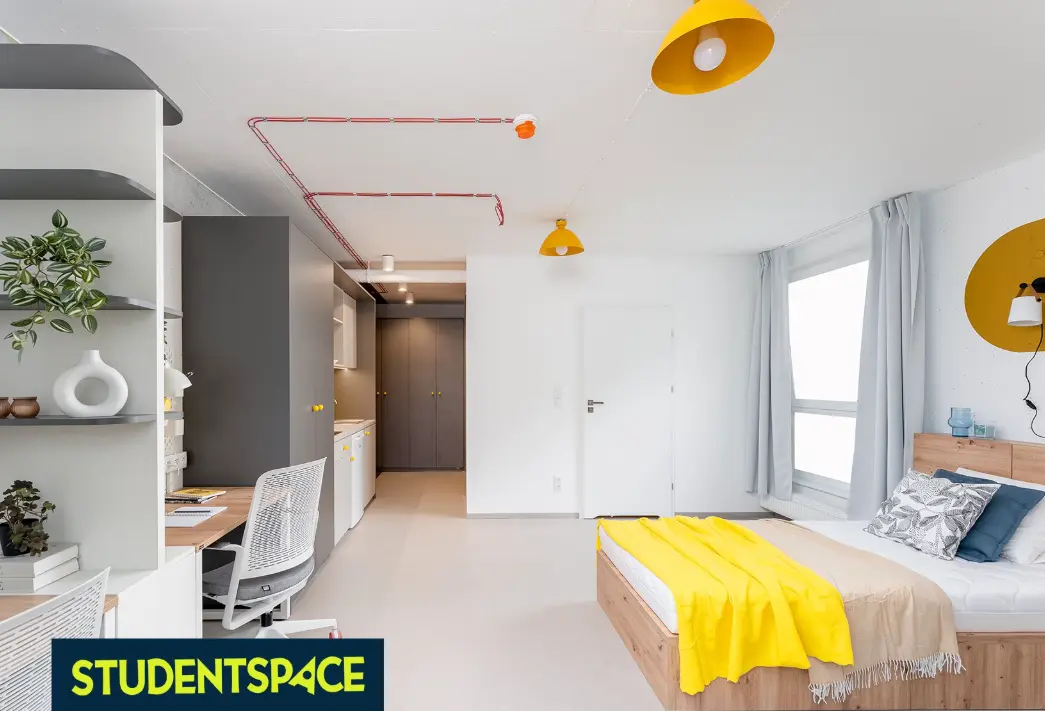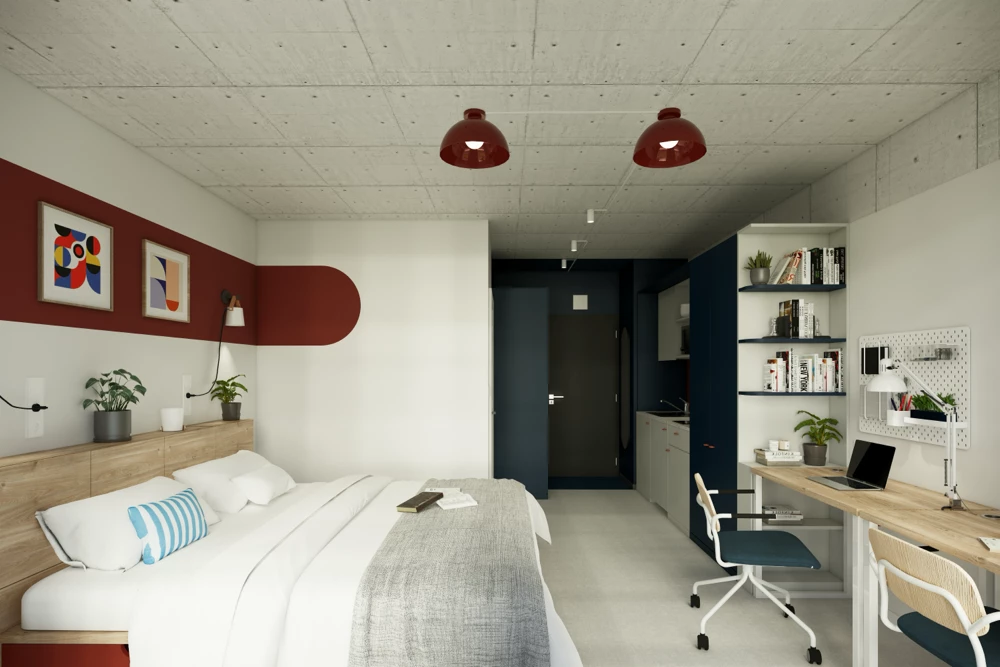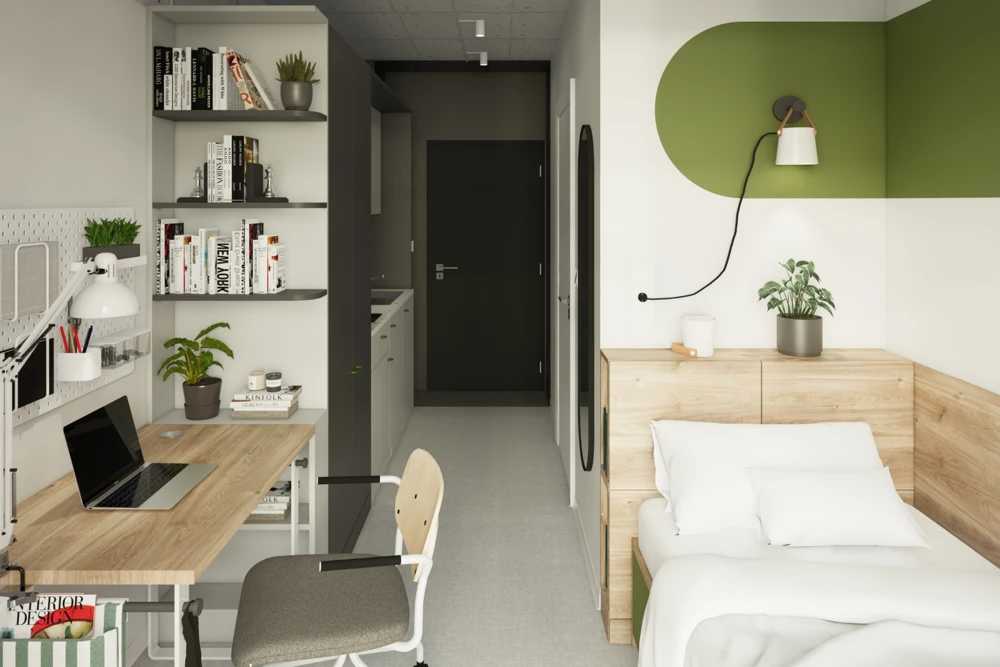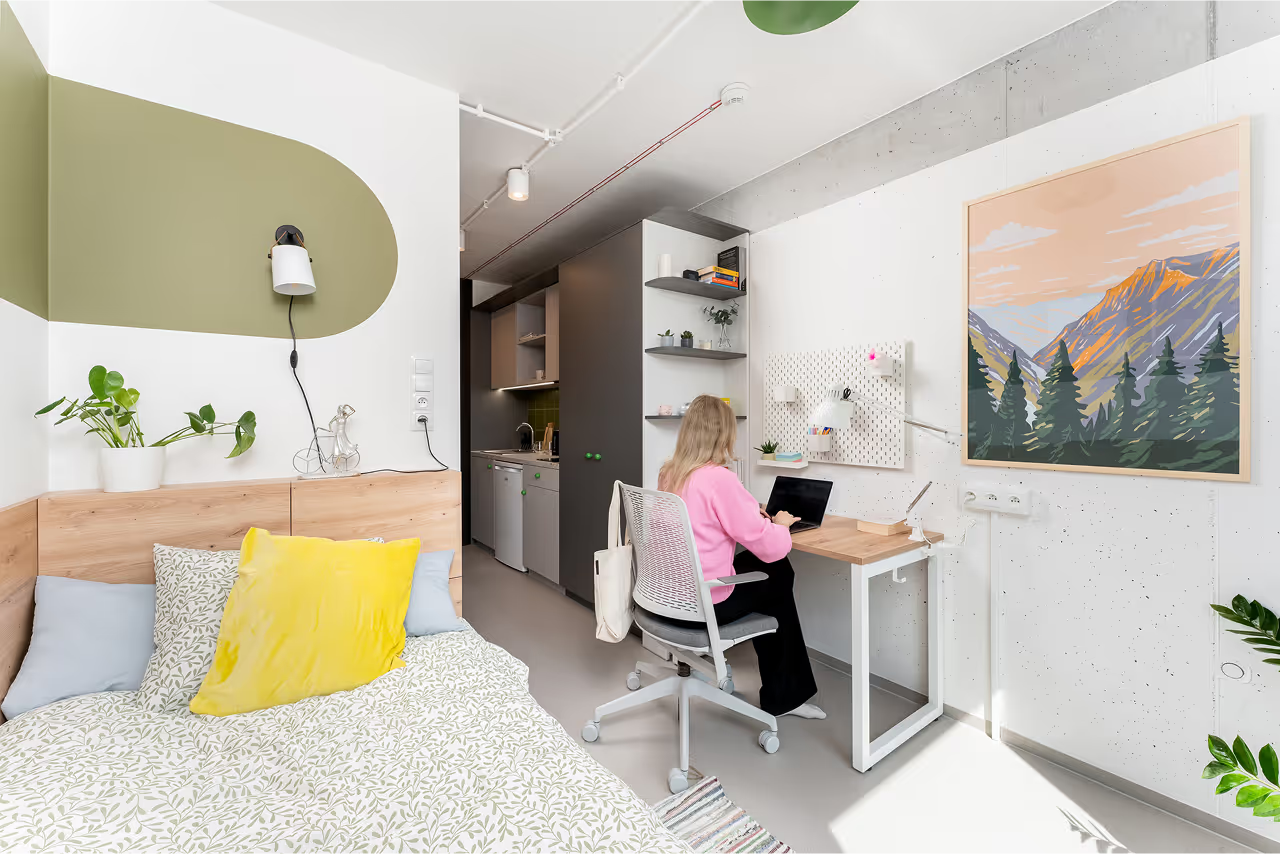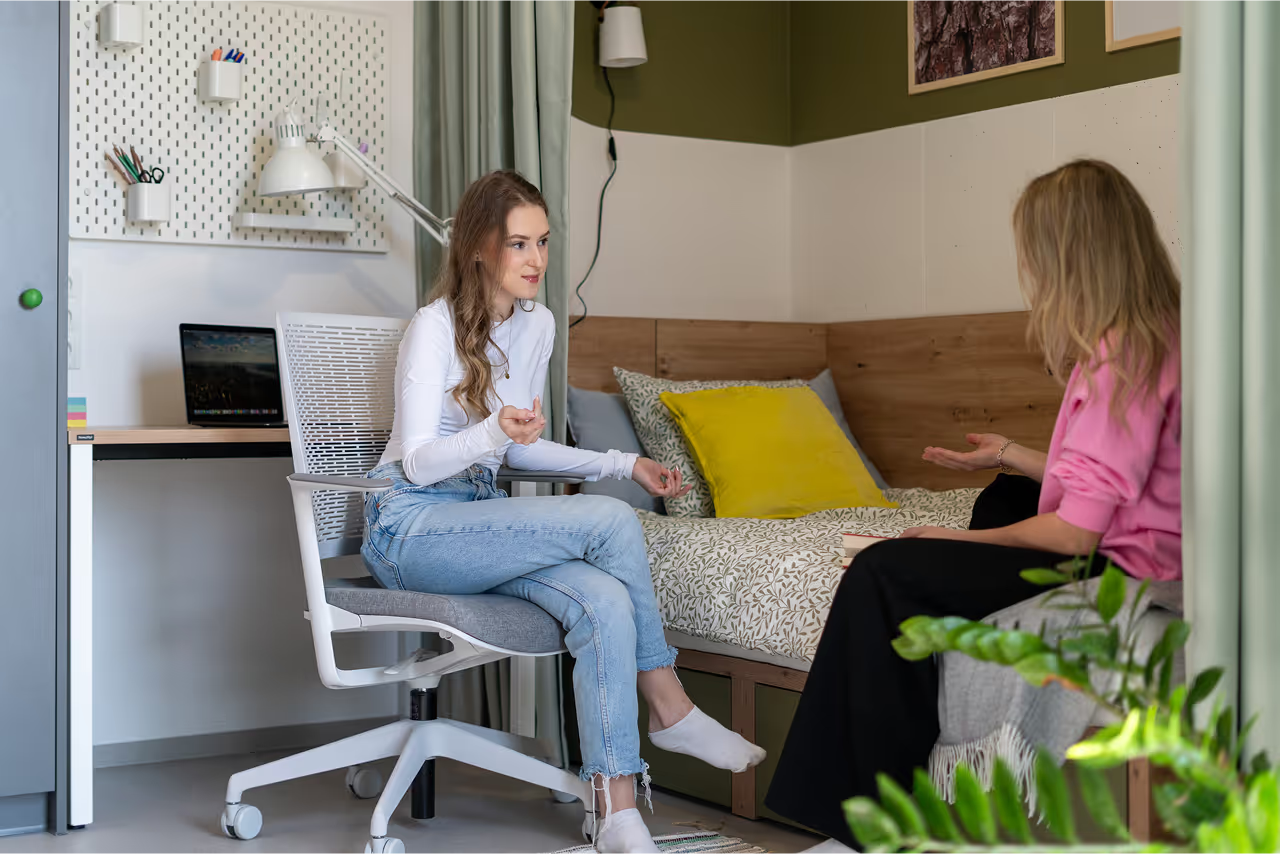
Forms of credit in studies — colloquium, exam, test
Before we move on to the session itself, you need to understand how your knowledge will be verified during the semester. It's not just final exams.
What is a college colloquium and what does it look like?
Colloquium (colloquially “colossus”) is the most common form of the test in college. They can be compared to an extensive class book or a test from a larger batch of material. What is a colloquium in practice? It is a written or less often oral test organized during the semester, most often as part of exercises, seminars or laboratories.
The purpose of the colloquium is to verify knowledge on an ongoing basis and to obtain an assessment from the exercises. Remember that passing all the exams is usually a prerequisite for admission to the final exam in the session.
What does the exam look like in college?
Exam in college is the final test of knowledge from the entire semester, most often including material from lectures. This is the most important form of credit, and its deadline falls precisely during the session. Exams can take the form of:
- In writing: Test, open questions, essay, problem tasks.
- Oral: A conversation with the examiner, during which a set of questions is drawn and answered.
Colloquium and session — what's the difference?
This is one of the key issues. The colloquium takes place during the semester, and his goal is to pass the exercises. In turn the exam takes place after the end of classes, during a period called a session, and is intended to pass the lecture and the entire subject. Simply put: first you pass the colloquium, and then you take the exams in the session.
What does a studio session look like step by step?
What is a college session and what does it consist of? An examination session is a special period at the end of each semester, free from regular classes, intended solely for passing exams.
How long is a session in college?
The schedule of the academic year provides for two main examination periods:
- Winter session: Usually in late January and early February, it lasts about 2-3 weeks.
- Summer session: Most often in June, it also lasts about 2-3 weeks.
Each main session is followed by correction session, which is shorter (1-2 weeks) and is intended for people who failed on the first date.
Zero term in college — what is it?
Zero term (the so-called “zero”) is an unofficial, but often practiced by lecturers, the opportunity to pass the exam before the official start of the session. This is a form of reward for the most diligent students who have worked systematically throughout the semester. Passing the exam on the zero deadline is a huge privilege — you get more time to prepare for the rest of the exams.
What does an extracurricular session look like?
The session in part-time (part-time) studies is based on the same principle, but is organized differently logistically. The exams are condensed and are usually held during the last reunions of the semester. This means that an absentee student can have several exams in one weekend, which requires even better planning throughout the study period.
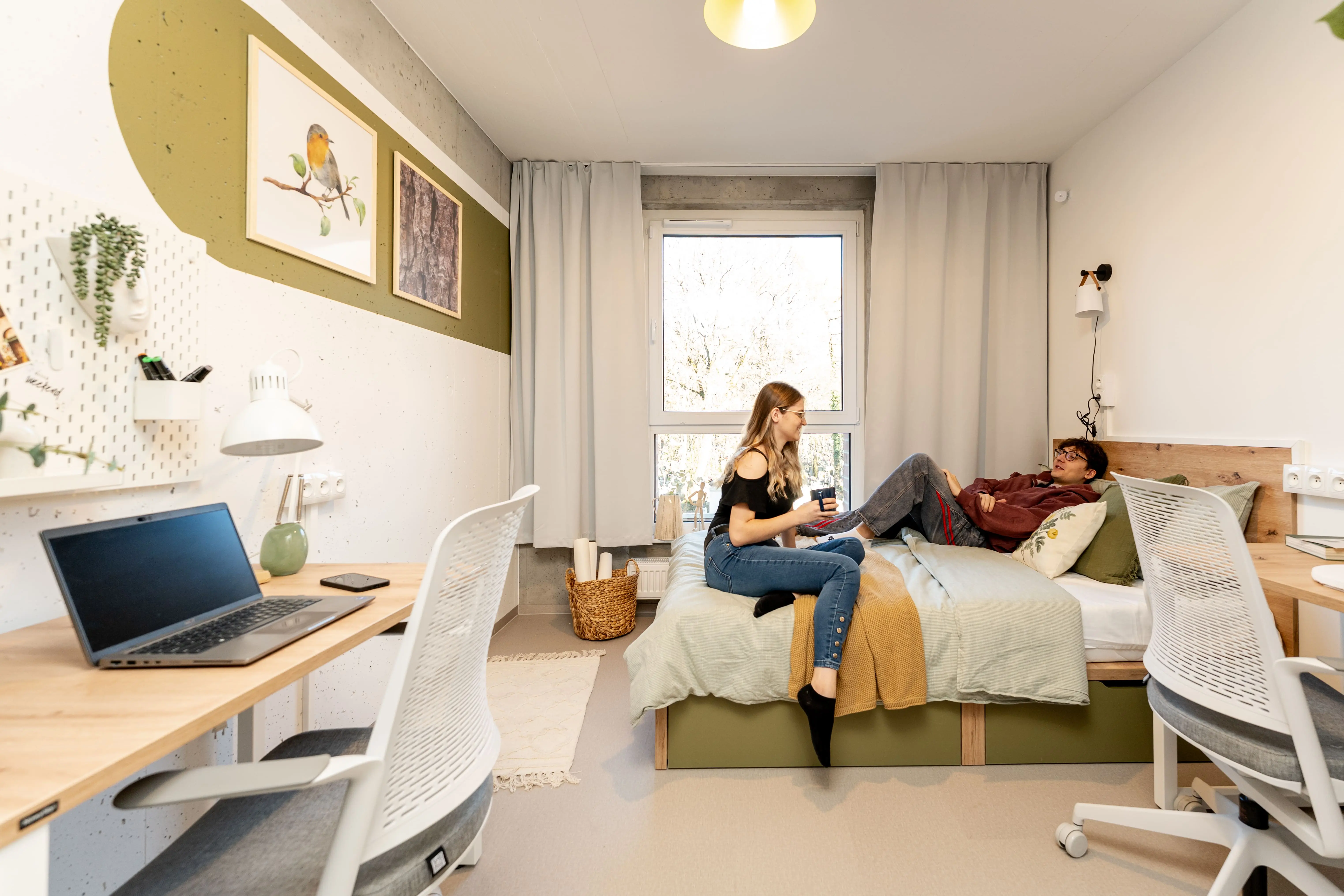
How to prepare for the session? An effective action plan
Good preparation for the session is half the battle. Instead of hoping for luck, focus on strategy.
- Create a session schedule: Collect in one place the dates of all exams and credits. Evaluate which ones are the most difficult and plan the most time for them.
- Organize the materials: Make sure you have a set of notes, presentations and know the list of issues. Contact Senior Yearbooks — this is an invaluable resource for the types of questions and requirements of specific examiners.
- Learn actively: Don't just read. Take your own notes, create mind maps, solve tasks, and question yourself. Explain difficult questions aloud — this is one of the most effective methods of learning.
- Use the Pomodoro technique: Divide learning into 25-minute blocks of maximum focus, separated by 5-minute breaks. This will help you stay focused and avoid fatigue.
How to survive the first session in college and not go crazy?
First session in college It is a baptism of war. Remember that stress is normal, but it can be controlled.
- Take care of the basics: Sleep, healthy food and hydration are your greatest allies. Waking up at night is a simple path to burnout, not to success.
- Take breaks: Plan a time during the day to rest. A short walk, a workout or a meeting with friends will allow you to recharge your batteries.
- Don't be afraid to ask for help: If you do not understand something, go for a consultation to the lecturer. Also, use the help of colleagues and learn together.
- Learn the rules of the game: Check in the study regulations what rights you have, what happens in the event of a failed exam and what are the conditions for passing the semester. Knowledge is reassuring.
Remember that a session is a marathon, not a sprint. With a good plan, regularity and attention to your own well-being, you are able to pass it without any problem. Good luck!
Explore more tips and insights for students
Book your space in a private student dorm close to your university.


We are waiting for you
at StudentSpace
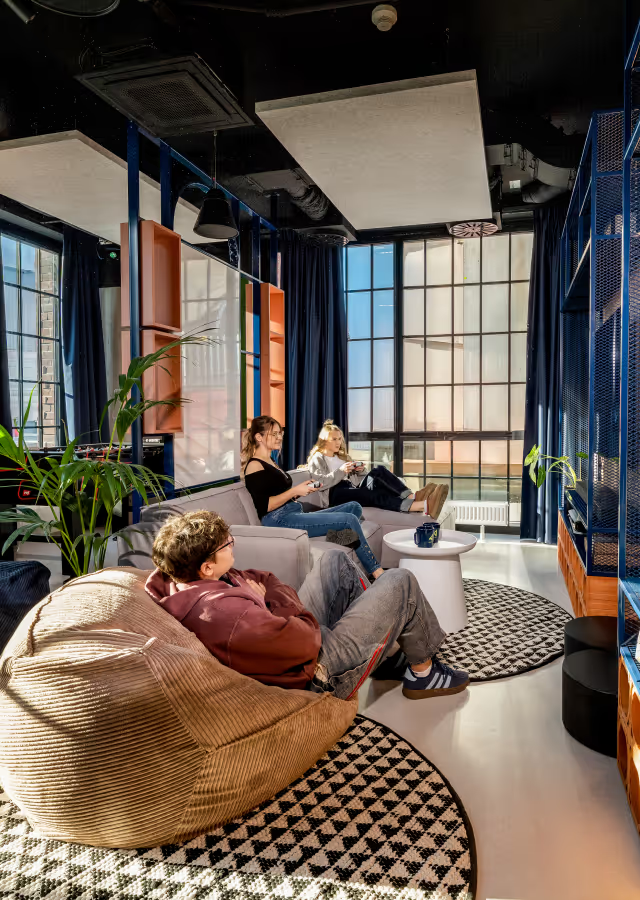







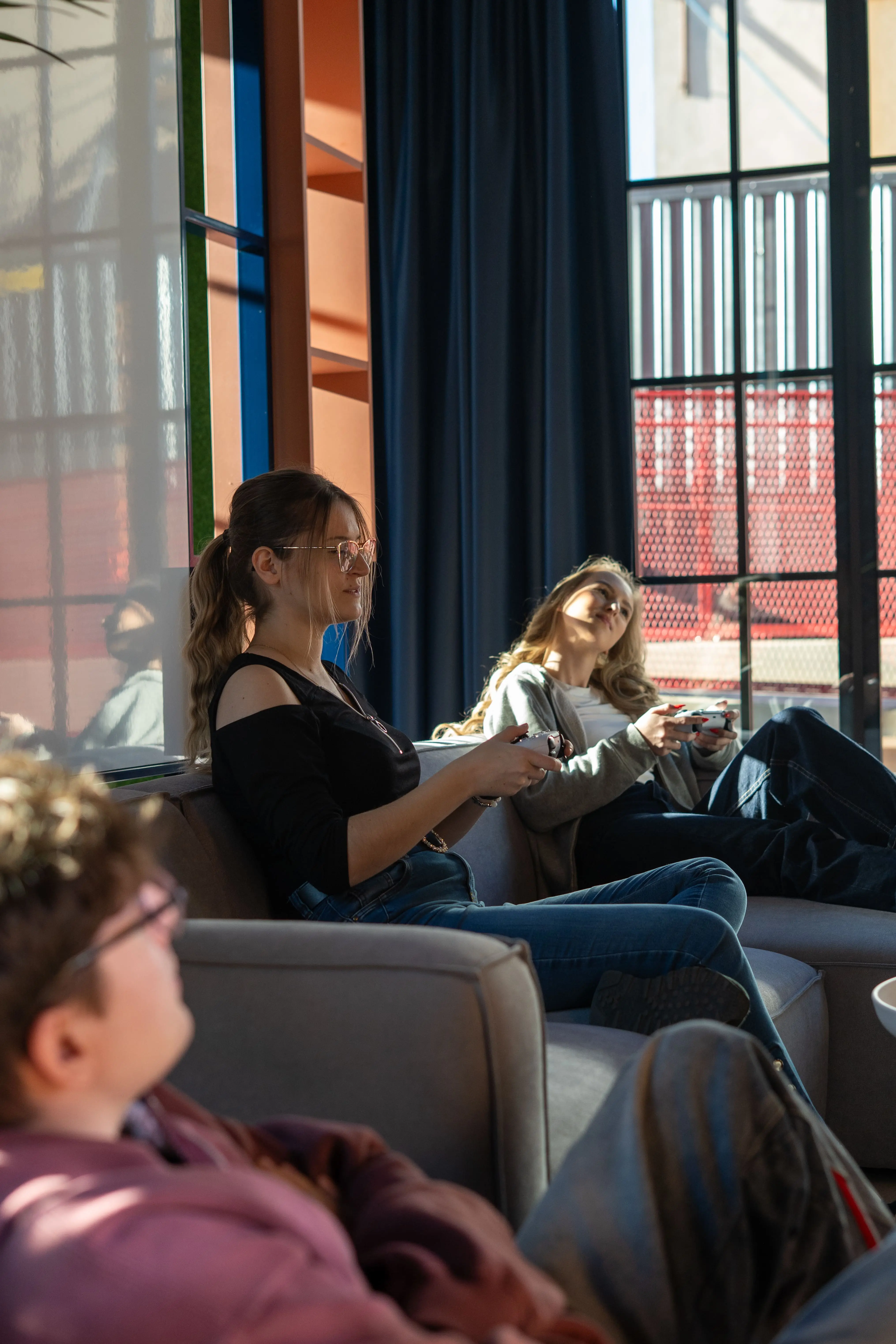
.webp)




